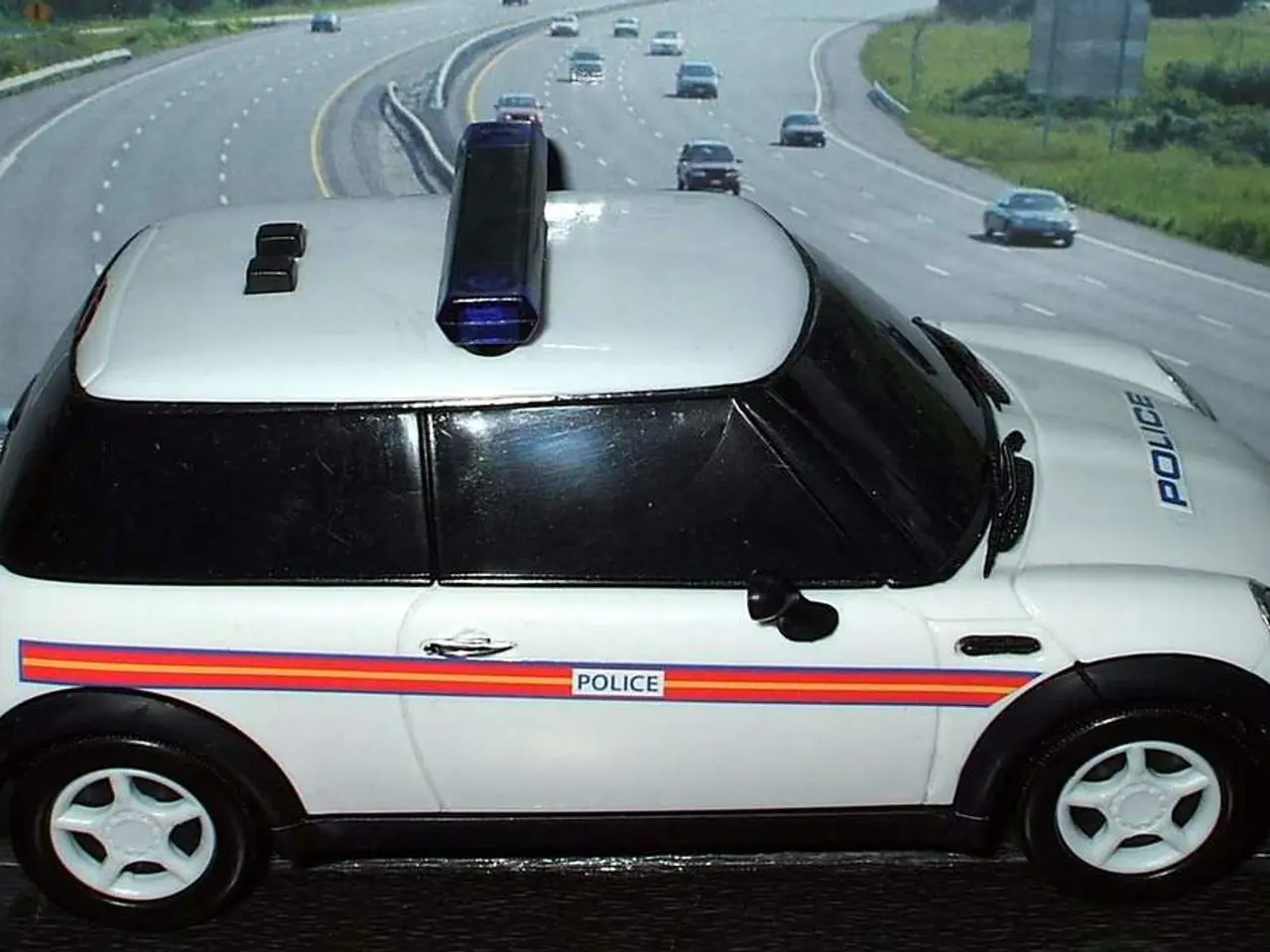Local residents in Washington D.C. express their views on the prospect of federal law enforcement officials supervising the area
Federal Law Enforcement Increases Presence in D.C. Streets
Federal law enforcement officers will begin patrolling the streets of Washington, D.C. from tonight, focusing on high traffic tourist areas and other known hotspots. This move is in response to a rise in crime and follows a presidential declaration of a crime emergency in the city.
The enforcement, led by the U.S. Park Police, includes participation from multiple agencies such as the Metro Transit Police Department, Amtrak Police, United States Capitol Police, Metro Police Department, Homeland Security Investigations, Drug Enforcement Administration (DEA), Federal Bureau of Investigation (FBI), Bureau of Alcohol, Tobacco, Firearms and Explosives (ATF), U.S. Marshals, U.S. Attorney's Office for D.C., and others.
The specific role and authority of federal law enforcement agencies in the increased presence in Washington, D.C., as stated by the White House press secretary, is to protect innocent citizens by cracking down on violent crime, ensuring there is no safe harbor for violent criminals, and making the capital safer for residents, lawmakers, and visitors.
However, legal challenges from local D.C. authorities have limited the federal takeover of the Metropolitan Police Department (MPD). As a result, Attorney General Pam Bondi issued a revised directive, leaving the MPD Chief Pamela Smith in charge of the police force while federal agencies assist and provide support focused on enforcing federal law, particularly regarding immigration and other federal offenses.
In the Southeast D.C. community, gun violence has been a recent issue. Andrea Davis, the ANC commissioner for the neighborhood, has questions about the mandate of the new enforcement, despite her belief that more intervention is needed in certain areas. Residents near R Street and 21st Place have experienced several nights of gunfire.
Community members in the Southeast D.C. neighborhood visited by 7News are split on the decision to increase federal law enforcement presence. While some welcome the additional security, others express concerns about potential violations of civil liberties or the treatment of community members as criminals.
Quintin Mitchell, a medic in the city, found himself somewhere in between opposing opinions about the increased law enforcement presence. Despite the decrease in crime, as per Metropolitan Police Department crime data, he has a front row seat to the violence that still happens in communities across the District.
The patrol will last for seven days and may be extended as needed. The enforcement is backed by a presidential declaration of a crime emergency in D.C., citing the local government's failure to maintain public order and the threat violent crime poses to federal employees, citizens, tourists, and the operation of the federal government itself. The President, as Commander in Chief of the D.C. National Guard, has ordered the deployment of the National Guard and temporarily placed the D.C. police force under federal control to ensure an effective law enforcement response capable of halting the rise in violent crime.
- The enhanced law enforcement presence in Washington, D.C. encompasses various federal agencies, including the FBI, DEA, and ATF, among others, and is focusing on politics, general-news, and crime-and-justice, as they aim to safeguard the city from a surge in crime.
- In the wake of increased violence in the Southeast D.C. community, the implementation of a presidential-declared crime emergency has sparked conversations about civil liberties and potential stereotypes, blending debates on politics, general-news, and crime-and-justice within the neighborhood.








